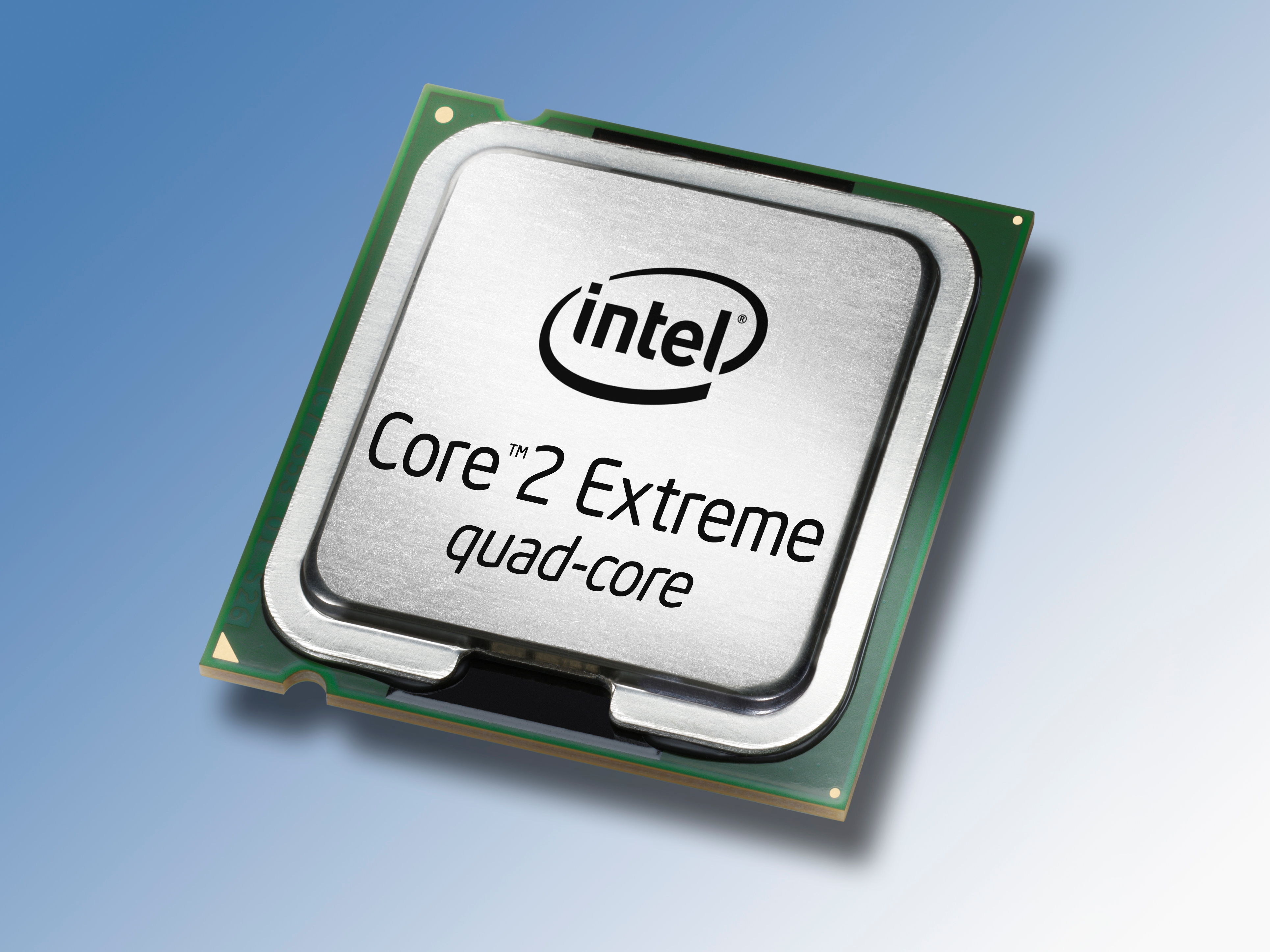Punters dubious of quad-core chip benefits
Report: buyers not falling for multi-core marketing spiel

Sign up for breaking news, reviews, opinion, top tech deals, and more.
You are now subscribed
Your newsletter sign-up was successful
PC buyers aren't falling for the multi-core marketing spiel used to flog quad-core systems. So says a recent report citing several IT analysts in the US.
According to the report, Intel and AMD are concentrating on delivering quad-core PC processors to desktops. But they're expensive and deliver little by way of real-world performance benefits to typical users.
Davood Sedaghatfar, an IT management consultant in the US, reckons: "multi-core technology is way over-rated for public use. I think the manufacturers use these terms and technotalk to make people think they are getting the whiz-bang stuff. But in reality, I do not think the public uses even 2 per cent of the power and functionality."
Despite these doubts, more and more system builders are offering quad-core equipped PCs, typically backed by promises of multi-tasking prowess and gaming grunt. Industry analysts estimate that 85 per cent of performance PCs and 25 per cent of mainstream rigs will be quad-core equipped by 2009.
Quad-core conundrum
So, are PC buyers right to doubt the value of expensive quad-core machines?
There's no doubting that the overall PC software environment has yet to catch up with the reality of widespread multi-core hardware. Many applications are not capable of leveraging the full performance of a dual-core chip like Intel's Core 2 Duo , much less a quad-core one.
Likewise, for low demand PC users who do little more than browse the web and compose simple word processor and spreadsheet documents, any multi-core CPU is clearly overkill.
Sign up for breaking news, reviews, opinion, top tech deals, and more.
The real question, therefore, is this: does quad-core offers tangible benefits to demanding users in the market for a performance PC?
For certain niche applications that fully support quad-core processors, including video encoding, the performance boost can be enormous.
Moreover, the more power-hungry an application is, the more likely it is to offer quad-core friendly multi-threading. Already, many professional-grade content creation applications, such as Photoshop, are capable of generating more than two CPU-intensive threads.
That said, there is one glaring omission from the multi-threading portfolio - gaming. Properly multi-threaded PC games remain few and far between.
However, the rise of multi-core games consoles like the Xbox 360 is already forcing game developers to get their collective noggins around the problem of multi-threading. Indeed, most major titles pencilled in for release later this year will support multi-core.
Multi-tasking matters
The other major benefit of quad-core computing is multi-tasking. With a powerful quad-core processor, it's almost impossible to run out of CPU resources and suffer from slow downs.
A classic example is a hung internet browser application. This can often chew up 100 per cent of the resources on a single core processor. With dual-core, you'll probably get by in most scenarios. But not if you are decoding an HD video stream that requires the full resources of a dual-core CPU on its own. The consequence will be dropped frames and stuttering video.
It's a similar scenario with gaming. Try running a full anti-virus scan, streaming HD video to a remote device and running a demanding 3D game locally with anything less than a quad-core chip. PC owners expect to be able to do several things at once on their PCs.
Here at Tech.co.uk, we therefore think the benefit of quad-core is a pretty straight forward question of system responsiveness and the overall end user experience. The more you ask of your PC, the more you will appreciate the almost invincible feel of a quad-core chip.
That's particularly true if you are using the resource hog that is Windows Vista - an operating system that is well capable of bringing a dual-core CPU to its knees. And the fact that a quad-core chip delivers a rare slice of future proofing on a platform that is notorious for rapid redundancy certainly adds a little gravy.
Here's hoping, therefore, that the launch of AMD's upcoming quad-core competitor will push prices down and bring the price/performance balance into the mainstream.
Tech.co.uk was the former name of TechRadar.com. Its staff were at the forefront of the digital publishing revolution, and spearheaded the move to bring consumer technology journalism to its natural home – online. Many of the current TechRadar staff started life a Tech.co.uk staff writer, covering everything from the emerging smartphone market to the evolving market of personal computers. Think of it as the building blocks of the TechRadar you love today.